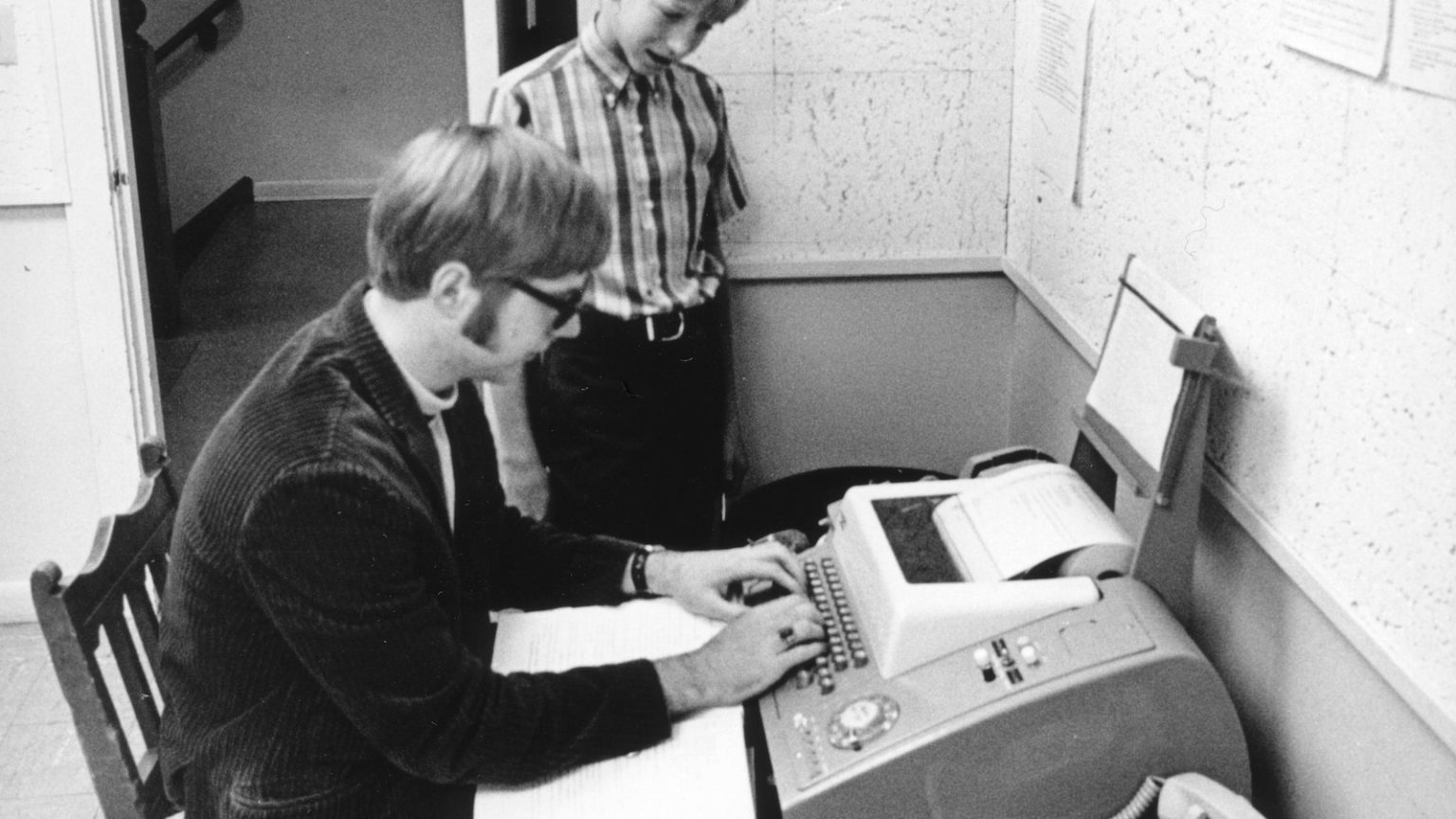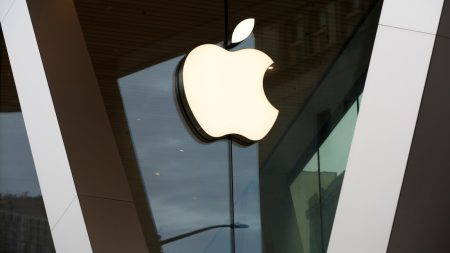Bill Gates: Reflecting on a Life of Innovation and Purpose
The Man Behind Microsoft: A Journey of Self-Discovery
As Bill Gates approaches his 70th birthday, he invites the world to reflect on the foundational years of his life through his memoir, Source Code: My Beginnings. This book, the first in a trilogy, offers an intimate look at the early life of the man who co-founded Microsoft and became one of the most influential figures in technology and philanthropy. In Source Code, Gates delves into the first 25 years of his life, revealing the quirks, friendships, and experiences that shaped his internal "operating system." He shares stories about his childhood, his unique cognitive wiring, and the emotional challenges he faced, including the death of his best friend, Kent Evans, during high school. These experiences, Gates suggests, laid the groundwork for his future success and his eventual transformation from a brash tech titan to a global philanthropist.
Gates’ self-portrait in Source Code is one of a neurodivergent child nicknamed "Trey" by his grandmother, who struggled to make friends and often found solace in the logical precision of computers. He recalls rocking back and forth during conversations, a habit that resurfaced during his interview with The Associated Press. Despite his intellectual gifts, Gates faced challenges in school, where teachers were unsure whether to advanced him or hold him back. His parents’ unwavering support, he writes, helped him channel his neurodivergence into a passion for programming. "I encourage people who have strengths and deficits to map their ambition onto something that plays to their strengths," Gates reflects, a mindset that would define his career.
The Birth of a Tech Titan: Traf-O-Data and the Rise of Microsoft
Gates’ journey into technology began in earnest with Traf-O-Data, a startup he co-founded with Paul Allen, a childhood friend who shared his passion for computers. The company, which created software for the Altair computer, marked the beginning of what would eventually become Microsoft. Gates and Allen’s partnership was rooted in their shared fascination with technology, but it also weathered personal challenges, including Allen’s attempts to coax Gates into experimenting with LSD. While Gates initially declined, he later tried the drug, but the experience was far from pleasant, and he quickly lost interest in psychedelics. Despite these detours, the duo’s focus on programming paid off, and by 1975, Traf-O-Data had evolved into Microsoft, booking $16,005 in revenue while Gates and Allen earned just $9 per hour.
By 1977, Microsoft’s success had grown to the point where Gates felt confident enough to leave Harvard University and devote himself full-time to the company. Two years later, he moved Microsoft to Seattle, the city where he grew up, setting the stage for the company’s meteoric rise. Though Gates stepped down as CEO in 1998, his legacy at Microsoft remains profound. Today, the company generates $212 billion in annual revenue and boasts a market value of $3.1 trillion, much of which is tied to the Windows operating system, Gates’ most enduring creation.
A Glimpse into Gates’ Inner World: Neurodivergence and Obsession
Gates’ memoir offers a rare glimpse into his inner world, revealing a man who is both deeply introspective and unapologetically obsessive. He describes himself as a "bratty smartass" who often dismissed nonsensical ideas with a sneer, earning him a reputation for being difficult and uncompromising. Yet, this same intensity is what drove Microsoft’s early success, as Gates became known for his monomaniacal focus on personal computers. "I really didn’t goof off in my 20s," he admits, "because my whole thing was having Microsoft move at full speed." This single-mindedness, while intimidating to competitors, also shaped his philanthropic efforts, as he later redirected his energy toward global health and education.
Gates also uses Source Code to reflect on his neurodivergence, which he believes played a critical role in his ability to focus on programming for hours at a time. Though he didn’t realize it at the time, he now sees himself as part of a group of individuals with unique cognitive abilities and social challenges. "I had one year in school where they said, ‘Oh, we should put you ahead a couple grades,’" he recalls. "And then another time, they said, ‘No, we should hold you back.’ And it’s like, ‘Well, make up your mind.’" His parents’ support, particularly his mother’s patience and encouragement, helped him thrive in a world that often struggled to understand him.
Navigating Triumph and Tragedy: The Role of Friendship in Gates’ Life
Friendship played a pivotal role in shaping Gates’ early life, none more so than his relationship with Kent Evans, who died in a mountain climbing accident in 1972. Evans’ death was a devastating blow to Gates, who had never experienced such a personal loss before. "I had no notion of a friend just being gone," he writes. "It was the only negative thing in my childhood." Yet, the loss also catalyzed Gates’ renewed partnership with Paul Allen, as the two began working on programming projects together. Evans’ death, Gates reflects, "shaped me" and influenced the direction of his life. "He would have been part of whatever I ended up going on to do," Gates says, crediting Evans and Allen with helping set the course for his future.
Gates’ relationship with Allen was complex, marked by both collaboration and occasional friction. Allen, who was three years older and a fan of Jimi Hendrix, introduced Gates to new experiences, including LSD, which Gates tried twice but found unfulfilling. Despite these experiments, Gates remained pragmatic and focused, a trait that would define his career. His friendship with Allen, however, was far from perfect. The two had their disagreements, but their shared passion for technology kept them aligned. "I give Kent credit, along with Paul, for setting the direction that I ended up going down," Gates says.
The Visionary’s Take on AI and the Future
As Gates looks to the future, he is both amazed and unnerved by the rapid advances in artificial intelligence, a technology he describes as "amazing and scary." Microsoft’s partnership with OpenAI, the creator of ChatGPT, has given Gates a front-row seat to the development of AI, and he is blown away by its potential. "When I finally see ChatGPT-4, where the OpenAI guys show me a very early version, I am just blown away completely," he says. Yet, he also warns of the dangers of unregulated AI, which he believes could pose unique risks to society. "You should be nervous," he cautions. "We have to acknowledge that AI is almost uniquely dangerous because it’s unbounded in terms of how good it will get, and it’s happening within a generation."
Gates’ call for caution is not surprising, given his long-standing commitment to using technology for the greater good. As he reflects on his life in Source Code, he hopes to inspire readers to channel their unique strengths into meaningful pursuits, as he did with programming. "Being able to think just about programming and how you do it better ended up being invaluable for me," he says. And while he may never be seen as the cultural icon that Steve Jobs was, Gates is content with the legacy he has built. "I wouldn’t say I was completely uncool," he admits, "but once I got going on Microsoft, I was willing to be pretty monomaniacal." That focus, for better or worse, has made him one of the most influential figures of our time.















